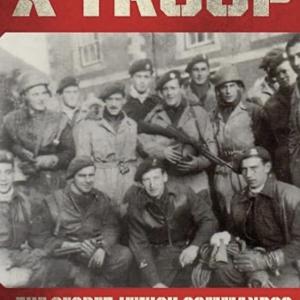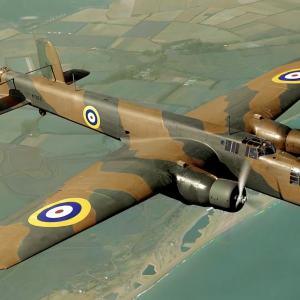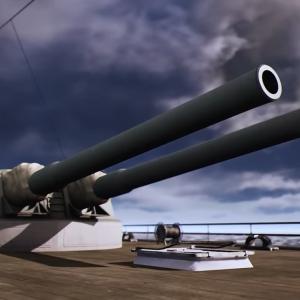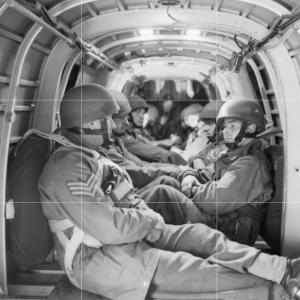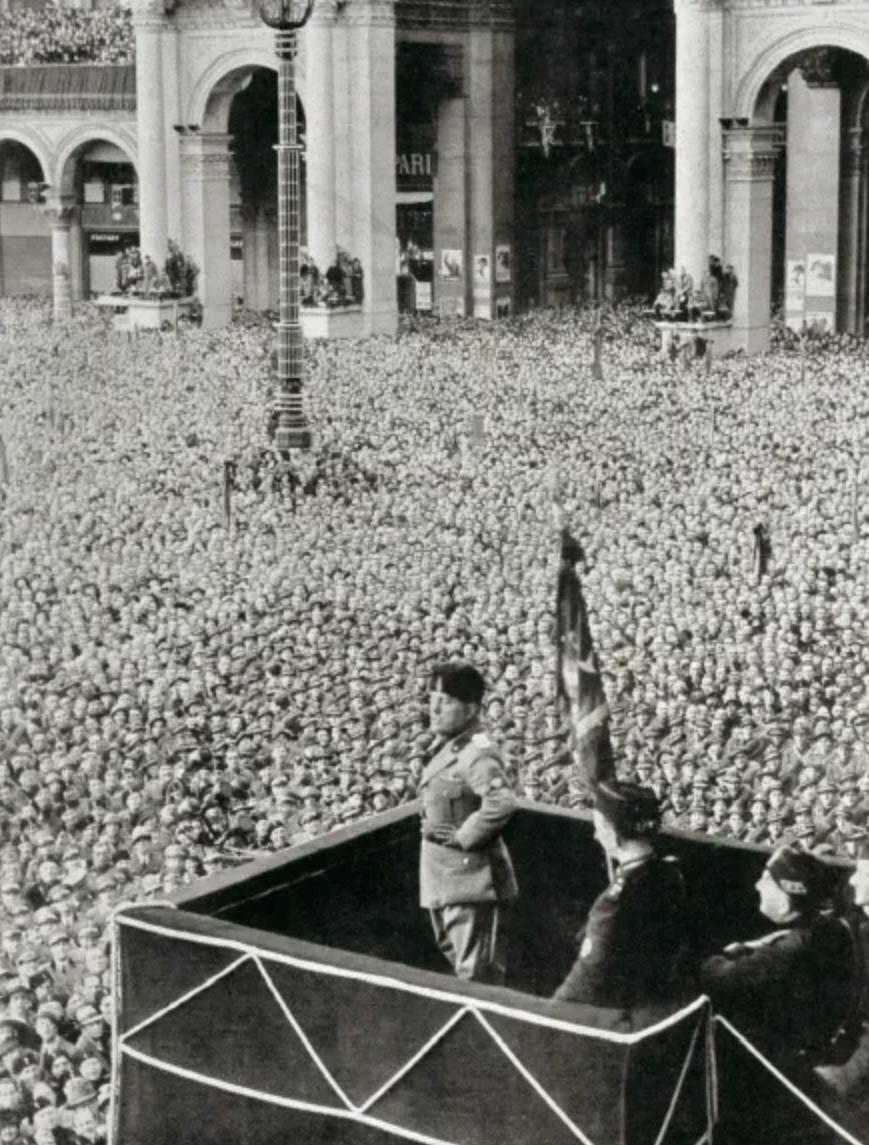
On this day in military history…
On the first of November, 1936, in the heart of Milan, Benito Mussolini stood before a large crowd and gave a speech that would mark a turning point in European politics. With his familiar confidence and theatrical style, the Italian leader declared a formal partnership between Fascist Italy and Nazi Germany. The alliance, which had been forming quietly behind the scenes for months, was now out in the open.
Mussolini addressed thousands from a balcony overlooking the city, his voice echoing through the streets. He spoke of unity, strength, and a shared destiny between the two nations. The partnership, he said, was not just political or military, but ideological. Italy and Germany, according to Mussolini, were two nations bound by a common worldview, a belief in order, discipline, and national pride.
The speech was filled with dramatic language and historical references. Mussolini compared the new alliance to the great empires of the past, calling it a step toward restoring Europe's lost glory. He portrayed the partnership as a necessary response to the instability he claimed was spreading through Europe, blaming democracy, communism, and what he described as weak leadership in other nations.
Crowds in the city responded with applause and cheers, waving Italian flags and saluting the Duce. Many had already noticed the growing ties between Rome and Berlin—German military advisers had been seen in Italy, and Italian officials had visited Germany in recent months. The announcement only confirmed what many already suspected.
Behind the public display, the agreement marked the deepening of a political and military relationship that had been developing since Hitler came to power in 1933. While the two leaders did not always see eye to eye, both saw value in cooperation. Mussolini, once skeptical of Hitler, had gradually warmed to the idea of a united front, especially after Italy’s invasion of Ethiopia drew criticism from Western democracies. Germany’s support during that time had not been forgotten.
The speech also served as a warning to the rest of Europe. Mussolini made it clear that Italy was choosing its side, aligning itself with Germany rather than Britain or France. He hinted at future actions, saying that the time for neutrality and indecision was over. Though he did not mention war directly, the tone of his speech suggested that conflict was no longer a distant threat, but a real possibility.
International reaction was swift. In London and Paris, officials expressed concern about the implications of the alliance. The idea of two authoritarian regimes joining forces raised fears of a new power bloc in Europe. Some newspapers called it the birth of a dangerous new order. Others viewed it as confirmation that the continent was moving closer to war.
At home, Mussolini's declaration strengthened his image as a strong and decisive leader. For supporters of the regime, the alliance with Germany was seen as a bold step toward reclaiming Italy’s position on the world stage. For others, it was a troubling sign that the country was being pulled into a conflict not of its own making.
As the sun set over Milan that evening, the city was filled with celebration, but also uncertainty. The speech on November 1st, 1936 did more than announce a partnership—it signaled a shift in the balance of power in Europe, one that would have far-reaching consequences in the months and years to come.

